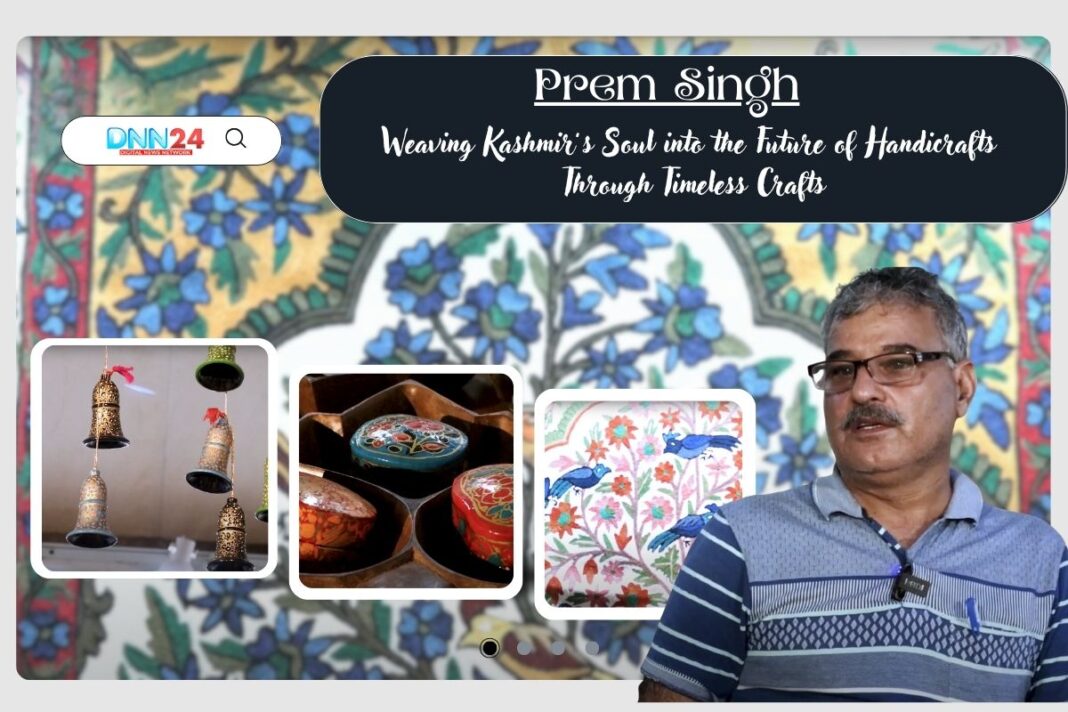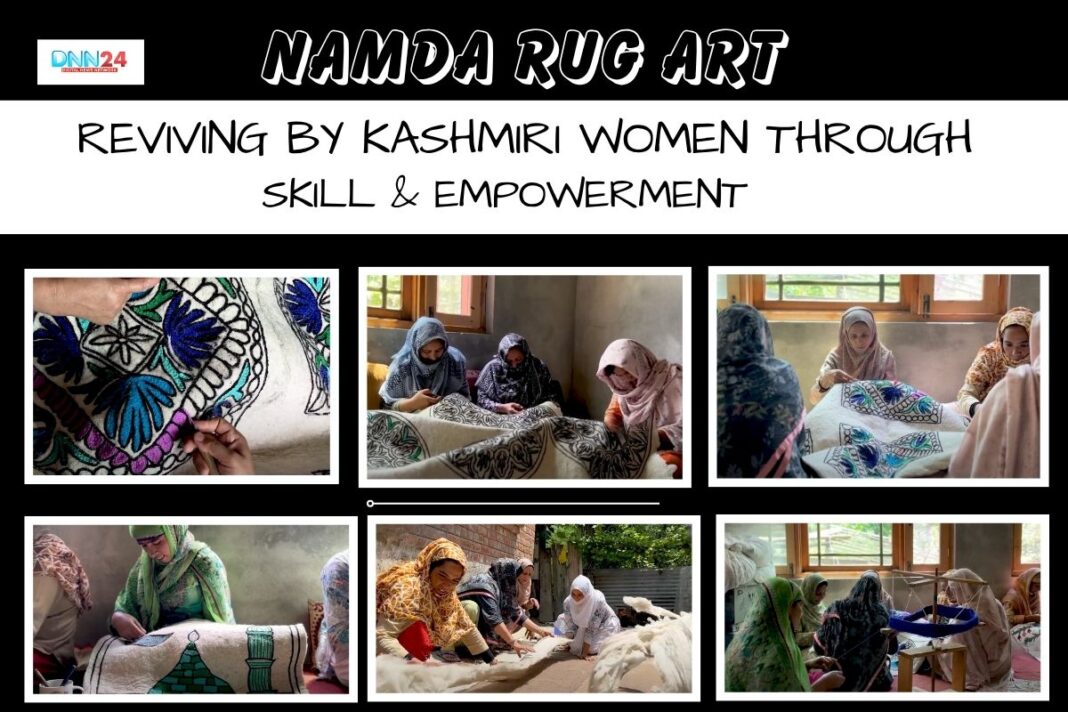Born as Muhammad Shafi Ali Khan on June 1, 1928, in the quaint town of Balrampur, Uttar Pradesh, Bekal Utsahi’s life journey began in humble surroundings. Born to Mohammed Jafar Khan Lodi, the father, he was the foundation of a family that would, in the future, raise one of the most ardent voices in Indian poetry. It was a man whose life was largely hidden in history and culture, but most of his personal stories have not been heard or recorded in popular stories. What makes his story extraordinary is not only his literary talent but the soulful enthusiasm (“Utsahi” means “enthusiastic”) that marked his every step.
udhar wo hathon ke patthar badalte rahte hain
Bekal Utsahi
idhar bhi ahl-e-junun sar badalte rahte hain
The turning point came in 1945 when, during a visit to the shrine of Vaaris Ali Shah in Deva Sharif, a spiritual leader uttered the words “Bedam Gaya, Bekal Aaya” (Bedam has gone, Bekal has come). It was not just a poetic expression but a handing over of a baton, which made Muhammad Shafi Khan take the pen name of Bekal Varsi, being a tribute to the spiritual lineage of the area.
dimagh arsh pe hai KHud zamin pe chalte hain
Bekal Utsahi
safar guman ka hai aur yaqin pe chalte hain
But it was the first Prime Minister of India, Jawaharlal Nehru, who popularized the term Utsahi. During a Congress party election meeting held in Gonda in 1952, Bekal came up with a moving poem in honour of Nehru, which he named Kisan Bharat Ka. Nehru, moved by the vigor and spirit of the poetry, exclaimed, “Yeh hamara Utsahi shayar hai” — “He is our enthusiastic poet.” This single moment transformed a young poet into a national figure, forever known as Bekal Utsahi. His account after this is enshrined in the history of Indian culture and politics, but the personal accounts of what led to this change are still a goldmine of unheard motivation.
Literary Journey: Ghazals, Nazms, and Shayari of the Heart
Bekal Utsahi’s poetry is a beautiful tapestry reflecting India’s syncretic culture, especially the Ganga-Jamuni tehzeeb — a blending of Hindu and Muslim cultural intermingling. Through his ghazals, nazms, and shayari, Bekal didn’t just write; he sang the spirit of unity, peace, and love in the simplest yet most profound language, predominantly using the Awadhi dialect.
yun to kahne ko teri rah ka patthar nikla
Bekal Utsahi
tu ne Thokar jo laga di to mera sar nikla
His well-known nazm, Ai Meri Jan-e-Ghazal…, touches the heart of every human being who has experienced the pain and pleasure of human feelings. It is the tales immersed in the lines, tales of the Indian countryside, of the unheard of farmer movements, of the hushed romance, and communal harmony that make his poetry so personal and fascinating.
nae zamane mein ab ye kamal hone laga
Bekal Utsahi
ki qatl kar ke bhi qatil nihaal hone laga
One heart-touching story emerges from his Nazm dedicated to the ghazal form itself, which he called his “life partner.” During interviews, he frequently explained that ghazal was one who accompanies him on lonely nights as well as in joyous mornings, a silent spectator and a confidante.
jab kucha-e-qatil mein hum lae gae honge
Bekal Utsahi
parde bhi darichon ke sarkae gae honge
His shayaris are full of sentiments, and he has based them on his own experiences in Balrampur and the events he has seen socially and politically. As an example, his poem Kisan Bharat Ka was not merely a slogan, but a representation of the soil he tread upon, with every couplet containing the history of the farmers. His works tended to paint poetically unkind images of poverty and the silent pride of the average man.
to pahle mera hi haal-e-tabah likh lije
Bekal Utsahi
phir apne aap ko aalam panah likh lije
The magic of Bekal’s poetry lies in its unpretentious yet evocative style. Unlike many poets who cloaked their feelings in elaborate metaphors, Bekal’s work spoke directly to the hearts of ordinary Indians, infusing confidence and hope. This emotional accessibility, as well as his intellectual treatment of national integration and secularism, made him a literary bridge in times of separation and conflict.
Life Beyond Poetry, Politics, and the Spirit of Integration
Bekal Utsahi’s life was not limited to poetry alone. He entered politics and was strongly allied to the Indian National Congress under the guide of Indira Gandhi and subsequently Rajiv Gandhi. He labored hard in the cause of national integration as a Member of Parliament in the Rajya Sabha, and his poetry was also the soul of his work. What is less known is the emotional and untold side of his political life.
KHud apne jurm ka mujrim ko e’tiraf na tha
Bekal Utsahi
magar ye jazba ba-nam-e-junun muaf na tha
Bekal once told a few of his intimates that his tormented heart never failed to counterbalance the coarseness of political reality with the balm of poetry. He felt that poetry had the power to heal the cracks that politics, at times, created. This conviction motivated him to condemn identity politics that divided our society and constantly preached peace, a fight that cost him his health and soul.
main jab bhi koi achhuta kalam likhta hun
Bekal Utsahi
to pahle ek ghazal tere nam likhta hun
One lesser-known fact is that Bekal was also very close to his political opponents, such as Atal Bihari Vajpayee, a poet-turned-politician. Their personal camaraderie was a testament to Bekal’s commitment to the Ganga-Jamuni culture — that beyond political affiliations, the human bond and cultural unity mattered most.
ye shahr ke basi kya jaanen kya rup hai ganw ke panghaT ka
Bekal Utsahi
kya ishq hai laj ki alhaD ka kya husn hai moh ke naT-khaT ka
Despite his national stature and awards like the Padma Shri (1976) and the Yash Bharti, Bekal remained deeply rooted in his origins. His regular presence on Doordarshan television through shows such as Bazm introduced poetry into the homes of millions in India, but he was happiest when interacting with people in villages and small towns, telling them stories and verses.
fasl-e-gul kab luTi nahin ma’lum
Bekal Utsahi
kab bahaar aai thi nahin ma’lum
The man behind the public figure was a person who believed in simplicity, reverence for the older generation, and maintaining a spirit of youthfulness and enthusiasm even in his 80s. Bekal Utsahi passed away on December 3, 2016, leaving behind a legacy not just of words but of a life lived passionately in poetry, politics, and national unity. His narrations, particularly the ones told in his verses, are still a source of inspiration and emotional power to everyone, reminding all of us of a time when poetry could change a nation and a poem could be a song of hope.
mujh ko shikastagi ka qalaq der tak raha
Bekal Utsahi
kyun chehra phir janab ka faq der tak raha
Also Read: Munawwar Rana: The Poet Who Wrote the World’s Tears
You can connect with DNN24 on Facebook, Twitter, and Instagram and subscribe to our YouTube channel.



